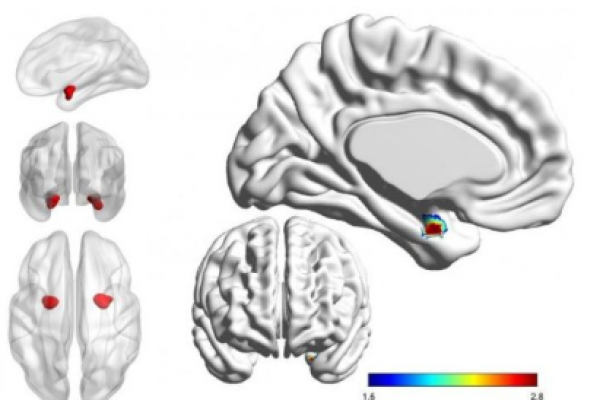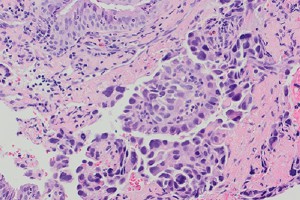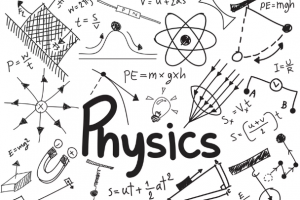Brain scans could distinguish bipolar from depression
New research has found that neurons deep inside the brain could hold the key to accurately diagnosing bipolar disorder and depression.
The research team used sophisticated MRI scanning to see how the amygdala -- a set of neurons that play a key role in processing emotions -- reacts as a patient processes facial expressions such as anger, fear, sadness, disgust and happiness.
The research showed that this key structure within the brain responds differently depending on whether the person has bipolar disorder or depression.
In people with bipolar disorder, the left side of the amygdala is less active and less connected with other parts of the brain than in people with depression.
The findings from this study had 80% accuracy in making this distinction.
Lead researcher Dr Mayuresh Korgaonkar from the Westmead Institute for Medical Research and the University of Sydney said these differences could potentially be used in the future to differentiate bipolar disorder from depressive disorders.
For more details click here.





Related Posts